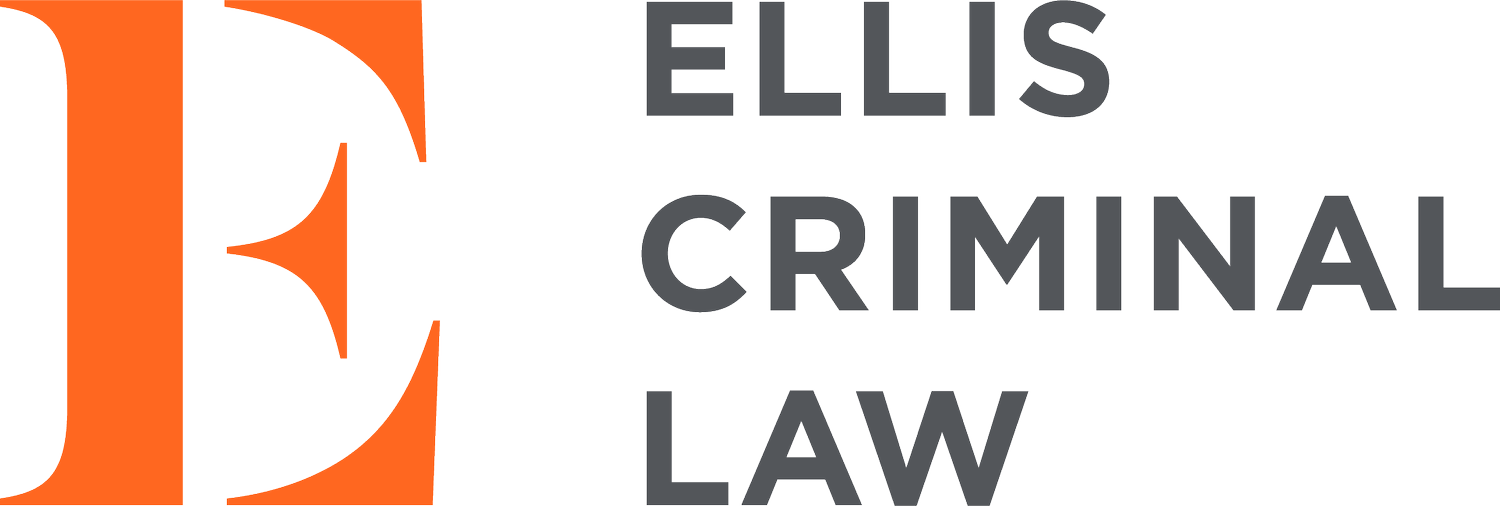First appearance in criminal court in Ontario – what to expect
What does a “First Appearance” mean?
Your first appearance in Criminal Court is NOT your trial date. First appearances in Criminal Court are administrative in nature, it is the starting point of the Court proceeding process. This means that you will not be required to:
Enter a plea of guilty or not guilty;
Produce any witnesses, evidence, or state your recollection of events.
How will I know the date of my First Appearance?
The date for your first appearance is indicated in the document given to you by the police once you have been charged with an offence and/or released from police custody. This document is called a “Promise to Appear”, this will provide you with the date, time, and location of your first Court appearance.
Do I have to Attend Court for my First Appearance? Can Someone Attend on your Behalf?
It is important that you do not miss your first appearance, as it is required by law. If you fail to attend, this can result in a warrant for your arrest. However, if you have retained a lawyer, they can appear on your behalf. If the matter is indictable (more serious) a “Designation of Counsel Form” may be required. A designation is a document that is signed by you and filed with the Court wherein you appoint your lawyer to appear on your behalf. It is important to file a designation form with the Court prior to your first appearance, this will ensure that you do not have to attend Court on that date.
If you do not have a lawyer retained, it is important to arrive early at the courthouse and ask to speak with Duty Counsel. Duty Counsel is a government-funded lawyer who can assist individuals who are unrepresented.
What Questions to Expect during your First Appearance?
First appearances are usually overseen by a Justice of the Peace. There may be circumstances where a Judge would be present, however, this is usually not the case. The role of the Justice of the Peace is to ensure that your case is progressing in a fair and meaningful way. The questions that are usually asked relate to determining:
Whether you have retained a lawyer or will be retaining representation;
If the Crown has provided you with disclosure (evidence gathered by the police such as police notes, witness statements, video and audio records, or anything that relates to your case);
The general status of your case;
Determining your next Court date.
What to Except after your First Appearance?
Once you or your legal representative has received your disclosure from the Crown Attorney, it is important that a very careful review of your case is completed. Either you or your legal representative will be required to have a “Crown Resolution” meeting to discuss the possibility of resolving your matter, and if resolution is not possible, to discuss setting trial dates. While these steps are taking place, your matter will be followed by the court and adjourned to accommodate these steps. It is very important to monitor dates for your next Court appearance as not attending your Court date may result in additional charges. It is also very important to actively move your matter along by completing the steps necessary to either resolve or set a trial date. The Court will make sure there is no unnecessary delay in these steps.
At Ellis Criminal Law we understand that dealing with a criminal offence is a very stressful and frightening experience. Often times, the fear of the unknown is overwhelming. We will guide you through these steps and provide updates following every court appearance, so you always know what is happening with your Court matter. Our team of expert Lawyers and Paralegals are here to answer any questions you might have.
